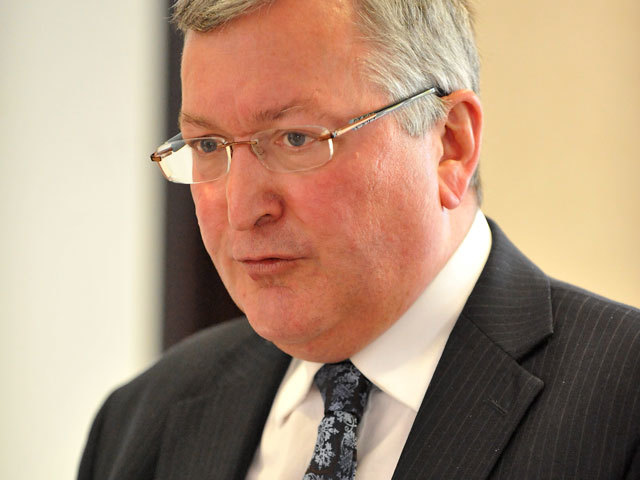
Energy bills would be even higher than at present without renewables, Scotland’s energy minister has warned.
Bills would be £166 a year higher by the end of this decade without energy such as wind, wave and tidal, Fergus Ewing told the SNP conference in Perth.
The figure comes from the UK Government’s Department of Energy and Climate Change, he said.
His comments come as consumers face paying more for their gas and electricity from the main suppliers – with the North-east hit hardest.
Last week power firm SSE complained that levies to pay for low-carbon generation and energy efficiency had risen sharply as it announced it was raising gas and electricity bills by up to 10% for millions of households.
Yesterday British Gas, which operates in Scotland as Scottish Gas, also claimed that Government energy schemes are one reason it is hiking prices by 10.4% for electricity and 8.4% gas from next month.
Regional variations mean prices for households in the north of Scotland – where electricity is distributed by Scottish Hydro – will rise by as much as 11.2%. In Fife and in central and southern Scotland – covered by Scottish Power – customers will be charged 9.5% more.
“Actually, renewables lead to lower energy prices,” Ewing said.
“Were there no renewable energy then that of course would be displaced by gas prices. And what has happened to them? In other words, if there was not renewable energy in the quantities that there now are and are anticipated to be then energy bills would be even higher.
“So do not accept the myths, the fallacies and the distortions spread by those who are opposed to renewable energy.”
Renewables would also provide security of supply, new jobs and lower carbon emissions, he added.
The SNP administration aims to generate the equivalent of 100% of Scotland’s electricity requirements from renewables by 2020.
Last week SSE chief executive Alistair Philips-Davies called for a debate on the “green agenda” which he claimed will lead to more bill increases in the future.
Bills would fall by £110 per household overnight if green energy subsidies and the cost of other schemes, such as free loft insulation, were funded through the tax system, according to SSE.
“Maybe it’s time to retreat from decarbonisation and focus more on the cost of living,” Phillips-Davies said.
“I think we have to have a debate about it. Do we want to be replacing one bit of (energy) generation that we can keep going for a bit longer with a new bit of generation that’s going to cost more?
“I doubt the public like price increases of this magnitude but if we carry on firmly behind the green agenda, we will continue to have price increases like this.”
Recommended for you
